DraggedImage.5508d873686f4243a0613471c5a16799
Back in 2012, I wrote about the frustrating fact that builders were making kitchens smaller and less functional than they'd been in the past (read that blog post here). I noted the lack of counter & cupboard space, and I illustrated the difficulty of trying to place a dining room table in a layout where there simply wasn’t enough room for one.
Here we are, four years later, and the trend is still going strong! Prep space and storage are still tight, and European-sized appliances have become the norm.
This becomes quite an issue when I’m working with a buyer who tells me they want to be in a new condo and have a “chef’s kitchen” with all the bells-and-whistles.
Unfortunately, these two features rarely go hand-in-hand. Not unless you’re spending the big bucks!
Great kitchens are oftenonly found in larger condos now (mirroring the trend towards only making parking available to purchasers of larger units).
What about those buyers who are in the market for something smaller though? A one-bedroom + den in the 650 - 700 sq ft range, for example?
It just so happens I’m working with a buyer right now who’s shopping in that range. She has a healthy budget, she wants to be in a newer building, and she wants a kitchen that’ll allow her to her enjoy her love of cooking.
Sounds totally reasonable, right?
Unfortunately not. The kitchens we’re seeing are falling short of what she wants.
I still remember the look of disappointment on her face when she saw her first Miele 24” oven.
”Do you think I could fit a turkey in there?”
That’s one of the questions I hear most often when a buyer sees one of these tiny appliances for the first time.
“I want to be able to have family or friends over for dinner, and cook a decent meal.”
While you can actually roast a (small) turkey in a 24” oven, there isn’t room for much else! And forget about heating multiple dishes at once (which can make cooking for a bunch of dinner guests rather difficult).
Granted, this isn’t an issue for every buyer. I know plenty of people who don’t cook much, and could care less about counter space or the size of their appliances.
For the ones that do care though, it’s frustrating.
The fact is, in today’s Toronto condo market, buyers have to make some concessions if they want to be in a new building. And the size of the kitchen is often one of those concessions.
Like I said in that 2012 blog post mentioned above, condo kitchens ain’t what they used to be.
If you're thinking of making a move and would like to know how I can help, feel free to contact me for more info.

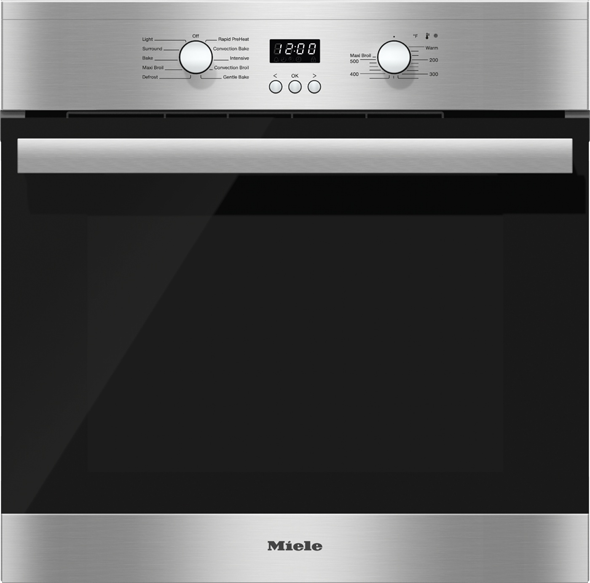
 "For a million bucks, we want a parking spot."
"For a million bucks, we want a parking spot." Depending on the building's location, a condo locker typically sells for $3,500 - $5,000 on the resale market.
Depending on the building's location, a condo locker typically sells for $3,500 - $5,000 on the resale market.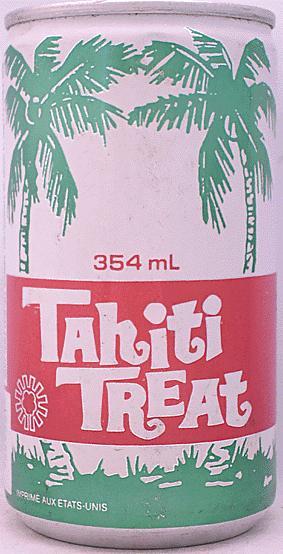
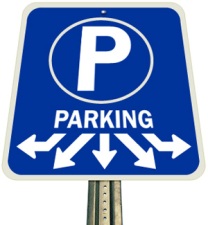 In
In 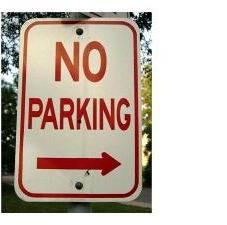 The simple answer is... No, not if you have the option of purchasing a property that does have parking. Of course not everyone is going to have this option and as such purchasing without parking may be the only way to go.
The simple answer is... No, not if you have the option of purchasing a property that does have parking. Of course not everyone is going to have this option and as such purchasing without parking may be the only way to go. 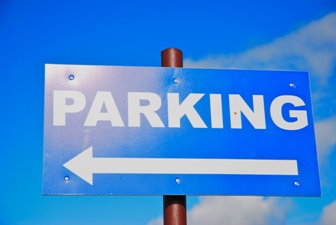 Anyone with a car in this great city of ours knows that having a convenient, reliable space to park it is a coveted commodity. If you live in a house, then private driveway or garage parking is king. Mutual drive (if it's wide enough) and rear/front pad parking follow, with street permit parking rounding out the most common options.
Anyone with a car in this great city of ours knows that having a convenient, reliable space to park it is a coveted commodity. If you live in a house, then private driveway or garage parking is king. Mutual drive (if it's wide enough) and rear/front pad parking follow, with street permit parking rounding out the most common options.